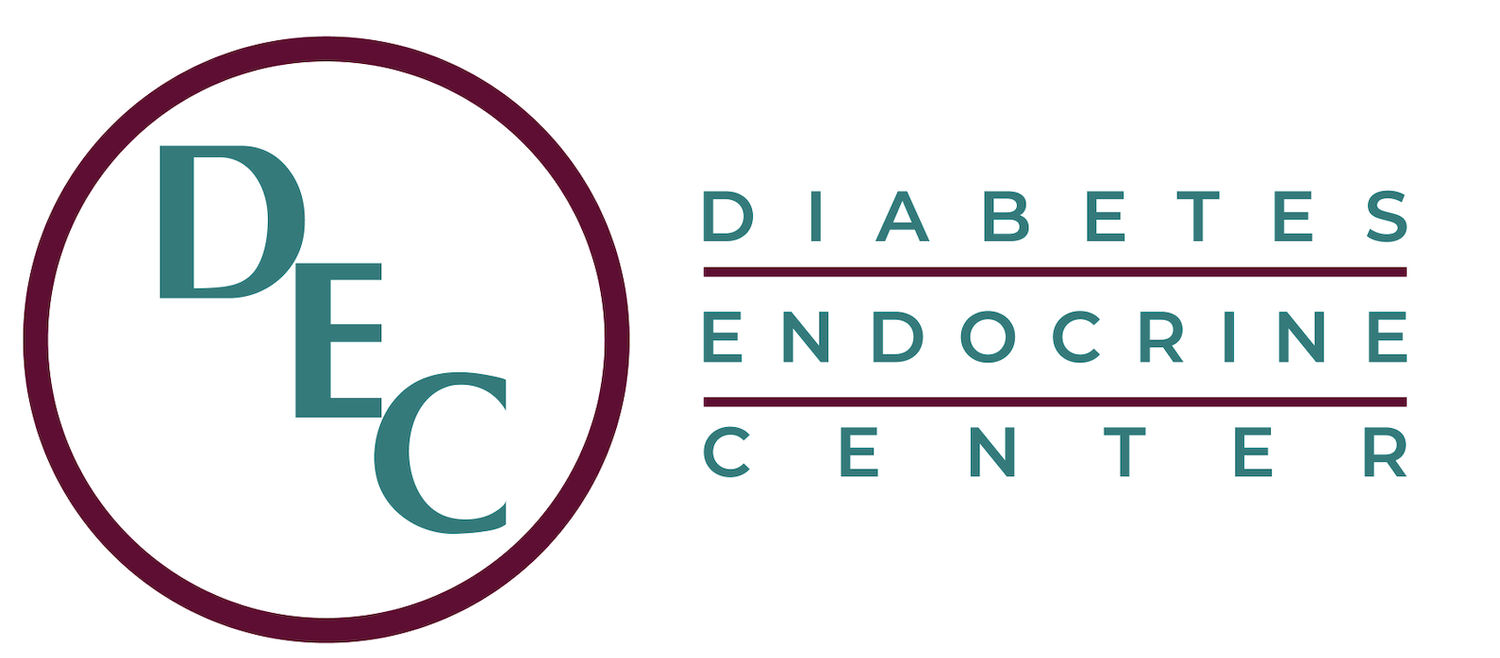Thyroid
The thyroid is a small gland found at the base of your neck, just below your Adam's apple. The thyroid produces two main hormones called T3 and T4. These hormones travel in your blood to all parts of your body and control the rate of many activities in your body. These include how fast you burn calories and how fast your heart beats. All of these activities together are known as your body's metabolism. A thyroid that is functioning properly will produce the right amounts of hormones needed to keep your body’s metabolism working at a rate that is not too fast or too slow.
If your thyroid is under active (hypothyroidism), you may experience feelings of fatigue, drowsiness, depression, fuzziness, and even constipation. An under active thyroid can also cause weight gain, dry skin, chills, or a cold feeling even when it's warm.
On the other hand, if your thyroid is over active (hyperthyroidism), you may experience feelings of nervousness, anxiety, hunger, and increased bowel movements. An over active thyroid can also cause weight loss, increased sweating, trouble sleeping, an increased heart rate, and feelings of jitteriness.
When thyroid problems go untreated, they lead to a wide range of serious health issues, including weight gain, high cholesterol, heart arrhythmias, and osteoporosis. At the Diabetes & Endocrine Center, we are proud to offer you the latest and safest thyroid services including:
Evaluation of thyroid nodules
Ultrasound evaluation of thyroid nodules
Fine needle aspiration of thyroid nodules
Referral to endocrine surgeon (if indicated)
If necessary, a thyroid ultrasound will be performed. It is a painless procedure that uses sound waves to generate images of your thyroid. Dr. Amar can use the information gathered by this procedure to examine for nodules, cysts, tumors, and even swollen glands and lymph nodes.
To learn more about the thyroid gland, click HERE.
